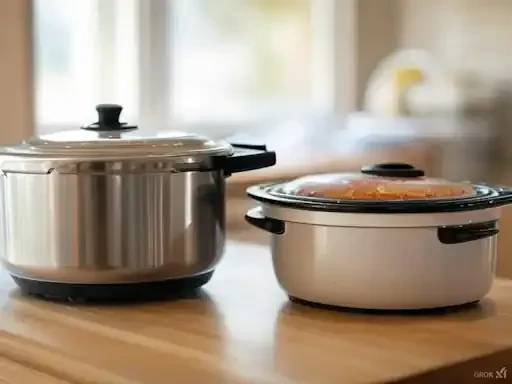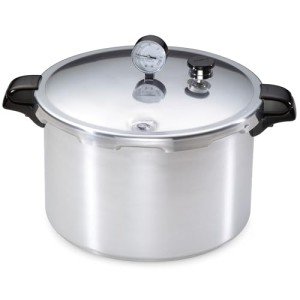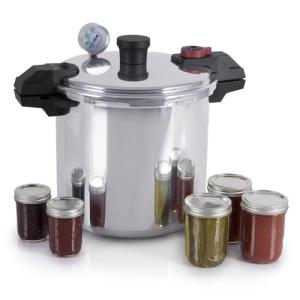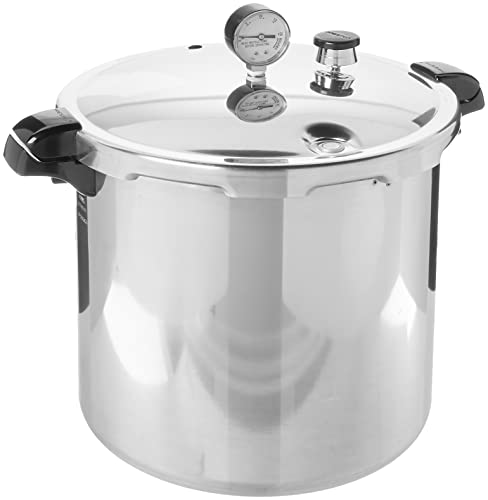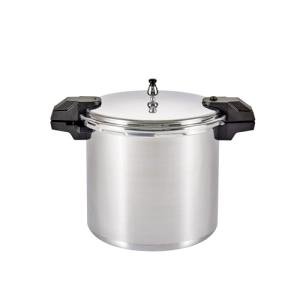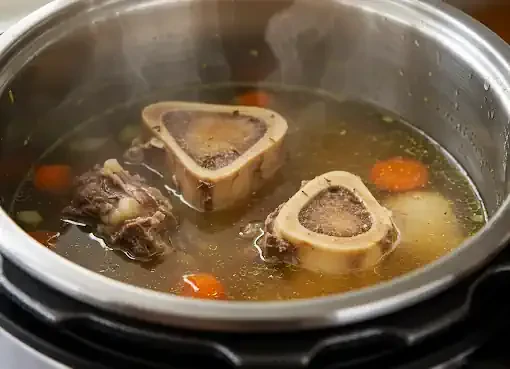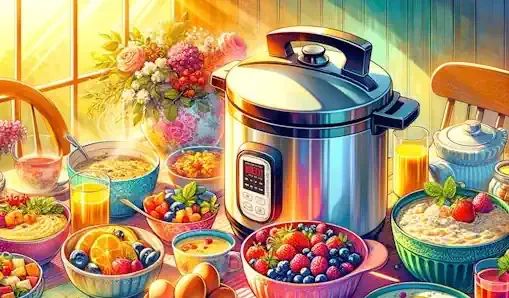In the modern kitchen, two appliances often vie for attention: the pressure cooker and the crock pot. Both offer unique approaches to meal preparation, but understanding their differences is key to deciding which is best for your culinary style. This article compares these two popular kitchen appliances, exploring their functionality, cooking methods, and the types of dishes best suited for each.
The Pressure Cooker: Speed and Versatility
The pressure cooker, known for its speed and efficiency, cooks food using high pressure. This method significantly reduces cooking times, making it ideal for busy lifestyles. Modern pressure cookers are sleek, with stainless steel exteriors and digital controls, allowing for precise temperature and time settings.
Key Features:
Fast cooking times
Preserves nutrients and flavors
Versatile for various dishes, including meats, grains, and legumes
Energy efficient
Safety features like pressure release valves and locking lids
The Crock Pot: Simplicity and Flavor
In contrast, the crock pot, also known as a slow cooker, specializes in slow, prolonged cooking. It gently simmers food over several hours, allowing flavors to develop deeply. Crock pots typically have a ceramic pot and analog dials, embodying a more traditional cooking approach.
Key Features:
Slow cooking for tender and flavorful meals
Ideal for stews, roasts, soups, and casseroles
Simple operation with minimal supervision
Energy efficient
Retains moisture, preventing dry or overcooked dishes
Cooking Methods: Pressure vs. Slow
The fundamental difference lies in their cooking methods. Pressure cookers use steam pressure to cook food quickly, while crock pots use low heat over a longer period. This affects not only the cooking time but also the texture and flavor of the food.
Nutritional Considerations
Pressure cooking is known for retaining nutrients that might be lost in traditional boiling. Crock pots, by cooking at lower temperatures, also preserve nutrients and flavors, particularly beneficial for soups and stews.
Ease of Use and Convenience
For those seeking convenience, both appliances offer advantages. Pressure cookers reduce cooking time drastically, making them suitable for quick meal preparation. Crock pots, on the other hand, allow for "set it and forget it" cooking, perfect for those who prefer to prepare meals in advance.
Space and Energy Efficiency
Both appliances are space-efficient, but pressure cookers might edge out in terms of energy efficiency due to shorter cooking times. However, crock pots consume less energy than an oven, making them an economical choice for slow cooking.
Safety Features
Modern pressure cookers have advanced safety features, making them much safer than older models. Crock pots, with their low cooking temperatures, are inherently safe and pose minimal risk of burning or overcooking.
Versatility in Recipes
Pressure cookers are incredibly versatile, suitable for a wide range of dishes from quick vegetables to complex stews. Crock pots are excellent for dishes that benefit from slow cooking, like roasts and soups, where flavors meld over time.
Maintenance and Care
Both appliances require proper care and maintenance. Pressure cookers need regular checks for their seals and valves, while crock pots demand careful handling of their ceramic inserts.
Cost Considerations
The cost varies based on brand and features, but generally, both are affordable investments for the convenience and versatility they offer in the kitchen.
Choosing What's Best for You
The choice between a pressure cooker and a crock pot depends on your cooking style, time constraints, and the types of dishes you prefer. A pressure cooker is ideal for those who value speed and versatility, while a crock pot suits those who love the simplicity and depth of flavor in slow-cooked meals.
In the end, whether you choose a pressure cooker, a crock pot, or both, each appliance offers a unique path to culinary excellence. Understanding their strengths and limitations will help you make the most out of your kitchen adventures, leading to delicious, satisfying meals tailored to your lifestyle and preferences.
